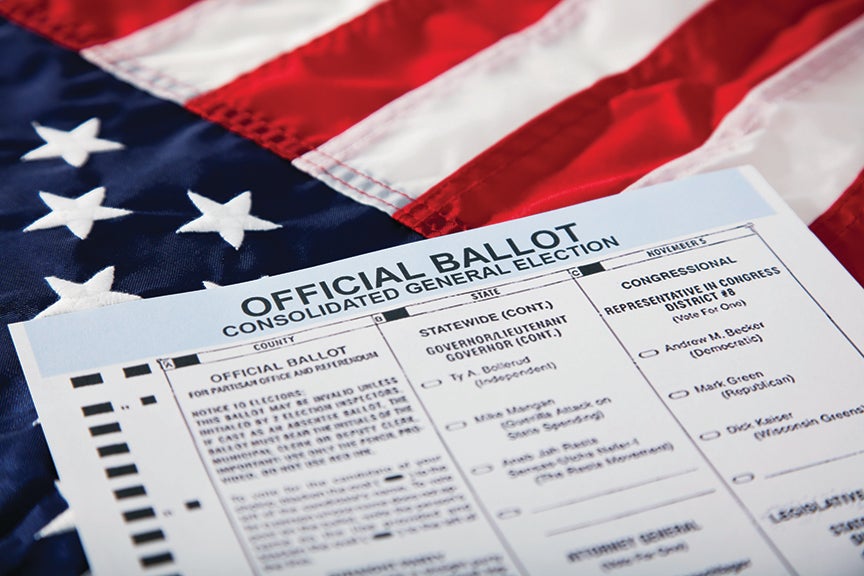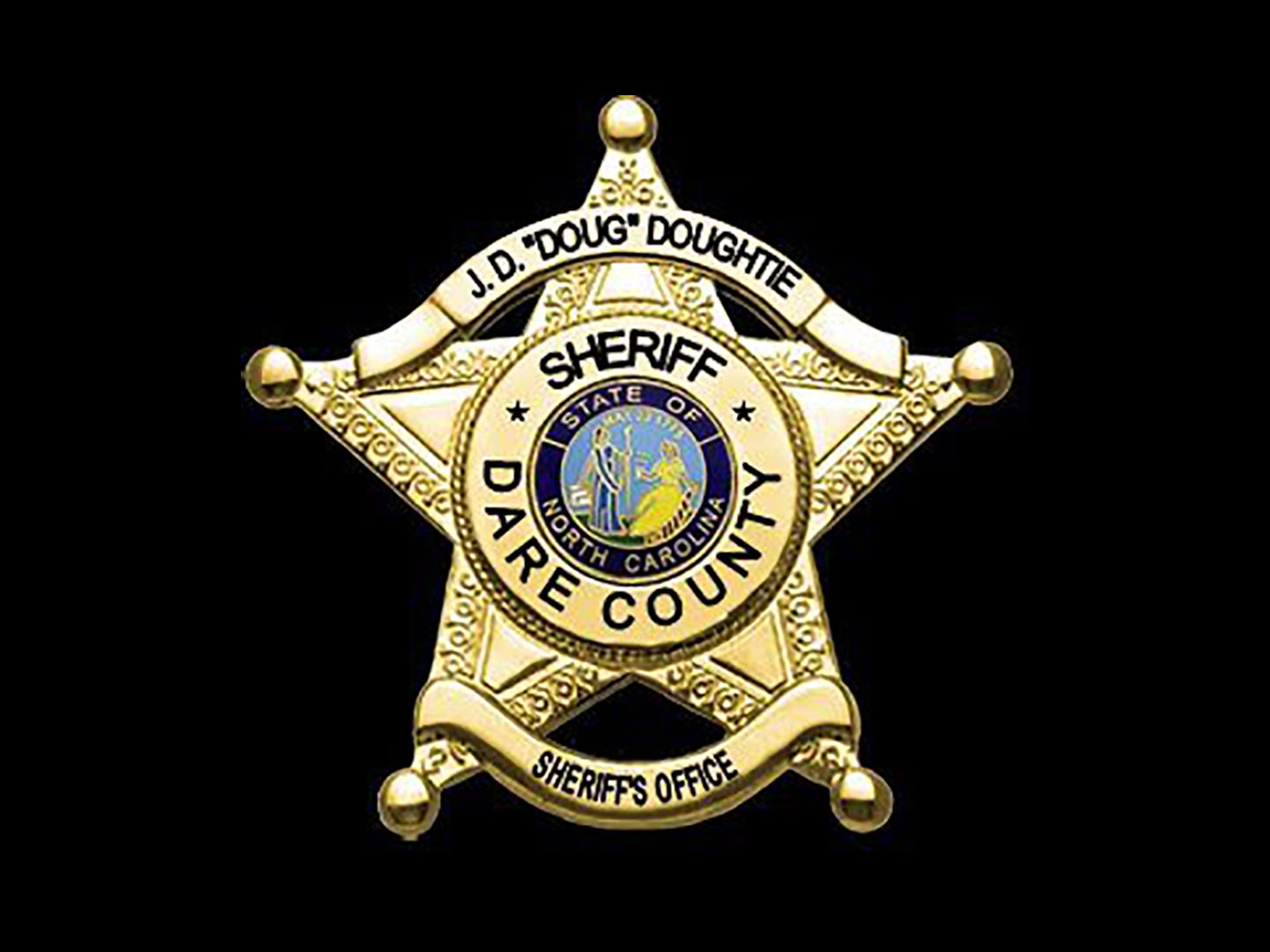North Carolina appeals court blocks voting restoration for felons
Published 9:48 am Monday, September 6, 2021
|
Getting your Trinity Audio player ready...
|
By Gary D. Robertson, Associated Press
A North Carolina appeals court on Friday blocked an order that had allowed tens of thousands of felony offenders who aren’t serving prison or jail time to immediately register to vote and cast ballots.
The state Court of Appeals agreed to halt last week’s decision by trial judges to expand when North Carolina residents convicted of felonies have the right to vote again.
The plaintiffs immediately appealed Friday’s decision to the state Supreme Court to seek a reversal. Otherwise, the stay would remain in place until the merits of pending litigation filed by civil rights groups and ex-offenders challenging state law on the restoration of voting rights is heard by the appeals court.
The decision by the intermediate-level appeals court means that — if left in place — the offenders could not vote in this fall’s municipal elections. It also likely would bring confusion, since some felons affected by last week’s trial court order almost certainly would have registered to vote by now. Voting rights groups have already started registration drives targeting the estimated 56,000 people affected by the decision.
The North Carolina Constitution forbids a person convicted of a felony from voting “unless that person shall be first restored to the rights of citizenship in the manner prescribed by law.” A 1973 law laying out those restoration rules requires the “unconditional discharge of an inmate, of a probationer, or of a parolee.”
The trial court order, however, said that election officials can’t deny voter registration to any convicted felon who is only on probation, parole or post-release supervision. An attorney for the plaintiffs said the trial court’s decision represented the largest expansion of North Carolina voting rights since the 1960s.
“The collective will of the state is stifled when so many of our citizens are unjustifiably not able to participate in our democracy,” the plaintiffs said in a news release announcing the Supreme Court appeal. “That exclusion of our neighbors’ voices is morally and constitutionally wrong.”
Last year, the same trial judges ruled felony offenders couldn’t be denied the right to vote if the reason their rights hadn’t been restored was due to unpaid fines or restitution. That small expansion of voting access remains enforceable, although the plaintiffs’ lawyers wrote Friday to the Supreme Court that it can’t be carried out accurately by elections officials.
Republican legislative leaders, some of whom were defendants in the lawsuit, were pleased with Friday’s decision. They had earlier accused the majority of the three trial judges who approved last week’s ruling of judicial activism.
“The decision to block the lower court’s ruling affirms that judges can’t just replace laws they don’t like with new ones,” Sen. Warren Daniel, a Burke County Republican, said in a news release.
During a four-day trial last month, the plaintiffs’ lawyers argued the current law needed to be struck down because it was racially discriminatory by disproportionately affecting black offenders and violated the state constitution.
Their witnesses included a historian who said felony disenfranchisement had origins from a Reconstruction-era effort to intentionally prevent black residents from voting. The two judges who issued last week’s order wrote there was no denying the “insidious, discriminatory history” surrounding efforts at restoring voting rights in North Carolina.
“The overwhelming and undisputed effect of this law is to disproportionately disenfranchise Black people by wide margins throughout the entire state,” plaintiffs’ lawyer Daryl Atkinson wrote in urging the Court of Appeals to keep the trial court ruling enforced. Changing the rules again “now would cause chaos” in the first round of municipal elections in October.
But private attorneys for House Speaker Tim Moore and Senate leader Phil Berger said the trial court went too far with its order and that there’s no evidence the 1973 law — which actually eased obstacles for ex-felons to vote — is discriminatory in practice today.
“The trial court panel has thrown (voting) rules into disarray for no discernible reason,” attorney Nicole Moss wrote this week, adding the injunction “contravenes the well-established equitable principle that courts should not change election laws on the eve of elections.”
RECENT HEADLINES:







